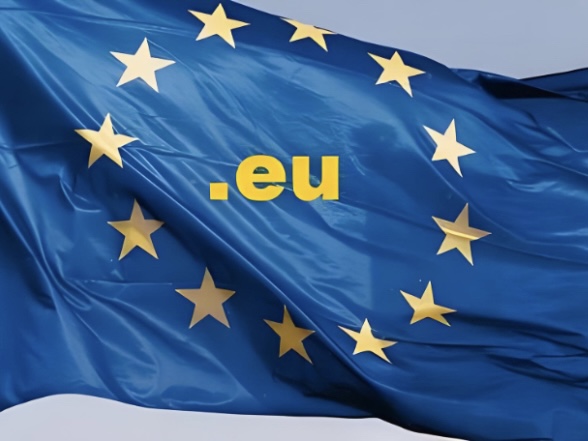- Meta forces Facebook and Instagram users to choose between watching advertisements or paying to avoid them.
- Meta could face fines equal to 10 percent of its global annual revenue, which could run into billions of dollars.
OUR TAKE
Desktop browser users can pay about $10.5 per month, while iOS or Android users pay about $14 per month to avoid Meta’s AD targeting based on their personal data.
–Zora Lin, BTW reporter
What happened
European Union regulators accuses social media company Meta Platforms on Monday of violating the bloc’s new digital competition rulebook. Because it forces Facebook and Instagram users to choose between watching ads or paying to avoid them.
The EU’s top court rules that under strict EU data privacy rules, Meta must first obtain user consent before showing ads to users. The European Commission, the EU’s executive arm, says Meta’s model does not allow users to exercise their right to “free consent.”
Under the Digital Markets Act, Meta is listed as one of seven online gatekeepers, while Facebook, Instagram, WhatsApp, Messenger and their online advertising businesses fall under about two dozen “core platform services.” It requires the highest level of scrutiny.
“DMA exists to give users the right to decide how their data is used and to ensure that innovative companies can compete on an equal footing with tech giants when it comes to data access,” EU Commissioner Thierry Breton, who is responsible for the bloc’s digital policy, says in a statement.
Also read: Meta halts AI rollout in Europe amid privacy concerns
Also read: Panel mode is tested by Valve for Steam Link on Meta Quest
Why it’s important
By requiring Meta to obtain user consent before displaying ads, it ensures that users have control and decision-making power over their personal data, helping to create a more privacy-respectful online environment where users will be more active in asserting their rights in the digital world.
By limiting the behavior of tech giants, the EU aims to ensure that small, innovative companies have equal access to data resources. The incident sets clear rules for the digital marketplace, where tech giants must adhere to strict competition and data privacy rules. This not only helps maintain market order, but also provides a reference for other countries and regions, and promotes the formulation and improvement of global digital market rules.
The regulatory pressure on tech giants such as Meta will prompt them to reform themselves and change their business models and marketing strategies to comply with stricter regulatory requirements, which will help reduce monopolistic practices and promote fair competition in the digital market. At the same time, the EU has also played an important role in safeguarding users’ rights and promoting fair competition in the market. It will help enhance the EU’s influence in the international community.

